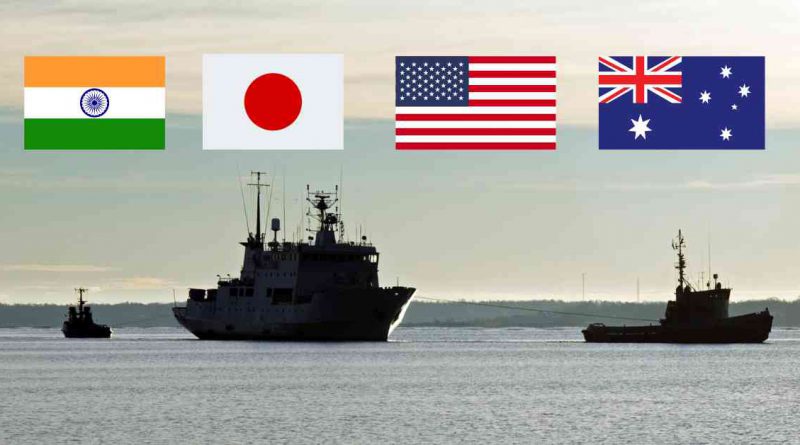India, Japan, US, and Australia Conduct Malabar Navy Exercise off the Coast of Sydney
Sydney — India, Japan, the United States, and Australia are set to hold the Malabar navy exercise off the coast of Sydney on Friday, marking the first time these war games have taken place in Australia after previously being held in the Indian Ocean.
The decision to conduct the exercise in Australia underscores the growing strategic importance of the region, particularly amidst heightened tensions between China and the United States.
As part of their journey to Sydney, Japanese and Indian navy vessels made stops in Pacific Island countries, including the Solomon Islands and Papua New Guinea. These visits highlight the significance of the region and its role in current geopolitical dynamics. The exercise aims to strengthen cooperation and interoperability among the four forces, enhancing their ability to work together effectively.
Speaking at a press conference on Thursday in Sydney, Vice Admiral Karl Thomas, Commander of the U.S. Navy’s Seventh Fleet, emphasized that the exercise is not aimed at any specific country. He stressed that the four-nation partnership provides a foundation for regional deterrence and serves as an example for other nations operating in the region. Vice Admiral Thomas also noted the increasing focus on island nations in Oceania, particularly those located northeast of Australia.
Indian Navy Vice Admiral Dinesh Tripathi highlighted the substantial changes that have occurred since the first Malabar Exercise was held in 1992, following the end of the Cold War. He mentioned that Australia’s participation in 2007 sent signals to the world. Australia had temporarily withdrawn from the Quad, as the grouping is known, in 2008 due to objections from China. However, it rejoined Malabar in 2020, despite China’s ongoing criticism of the Quad as an attempt to contain its influence.
Australian fleet commander Rear Admiral Christopher Smith emphasized the importance of the Pacific region to Australia. He highlighted the nation’s commitment to transparency and expressed the understanding that countries in the region have ambitions for growth and development.
The participating ships will be accompanied by Australian F-35 fighter jets, P-8 surveillance aircraft, and submarines. Rear Admiral Smith pointed out that the underwater battle space is seen as the front line in terms of competition and potential future conflicts.
The decision to hold the Malabar exercise off the east coast of Australia, rather than the west coast facing the Indian Ocean, was influenced by the proximity of the ships following the larger Talisman Sabre exercise involving 13 nations, which concluded last week.
The Malabar navy exercise serves as a significant demonstration of the four nations’ commitment to regional security and cooperation. It reinforces the importance of maintaining stability in the Indo-Pacific region and highlights the ongoing efforts to strengthen ties and interoperability among the participating countries.



